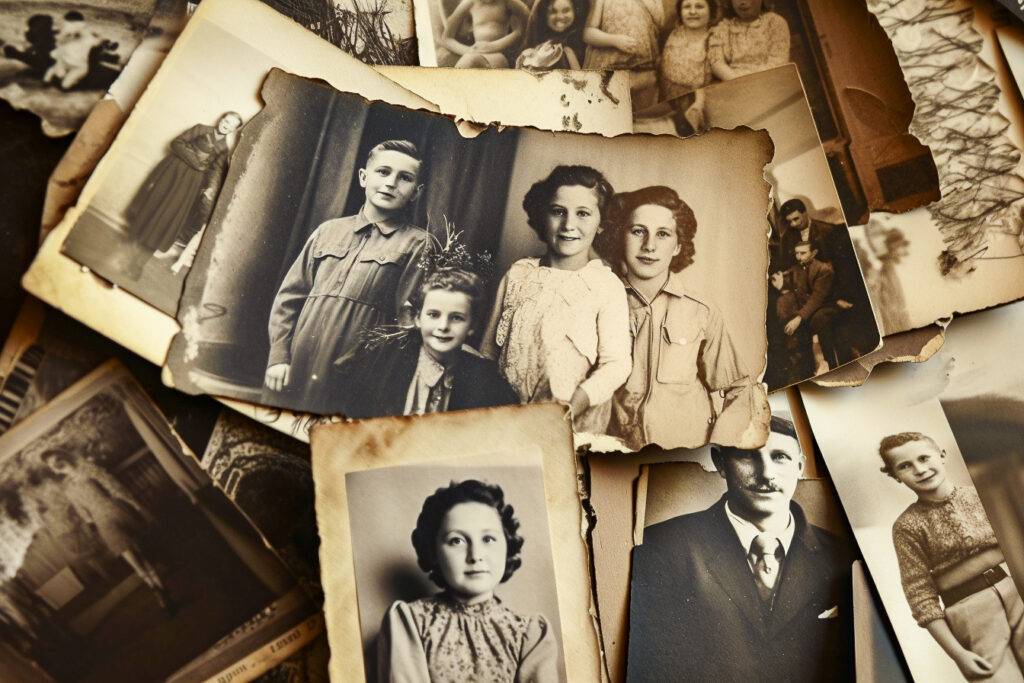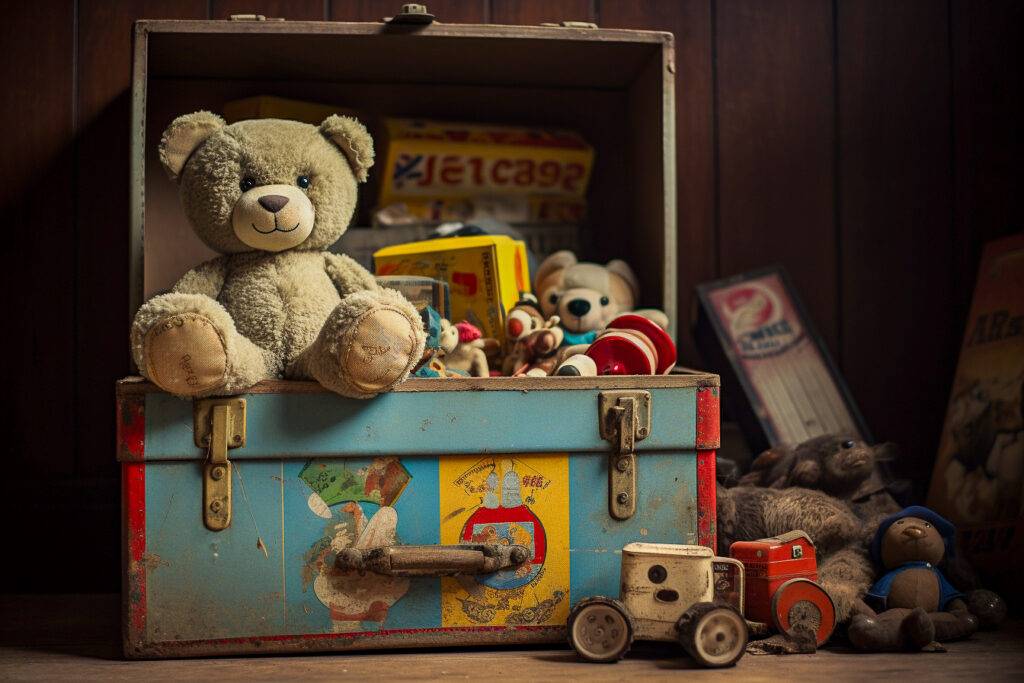Nostalgia is time travel – a return to the past, where one has experienced emotional moments. In the embrace of nostalgia, people recall past events – the laughter of old friends, the smell of a childhood home or the sound of long-forgotten melodies. These fragments of the past become the guiding principles of life, which the individual uses to try to relive the experience.
The essence of nostalgia is the ability of individuals to dwell (return) in their memories for a while. It is not just looking back, but the opportunity to re-experience the emotional background of the past. Nostalgia becomes a means of self-discovery, rediscovering forgotten dreams, hopes and moments of joy.
However, the downside of nostalgia is that it is tinged with melancholy, i.e. this immersion in the past can be depressing for the individual. The past, seen through the prism of one’s memories, is projected with a certain idealism about what has been experienced. The very event of remembering accentuates the impermanence of life, reminding individuals of the transient nature of experiences and relationships.
In the dynamic rhythm of modern life, nostalgia fosters links with cultural heritage, traditions and experiences that form the basis of community identity. In this context, nostalgia becomes a collective force that unites individuals in the shared events of the past.
This collective force of nostalgia can not only unite but also divide societies, as each group may have its own idealized version of the past. As I have already mentioned, nostalgia can be used as a means of self-discovery, but its use to divide society does not indicate a desire on the part of individuals to make society more cohesive, regardless of the shared experiences of different groups in society.




